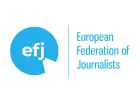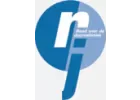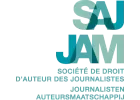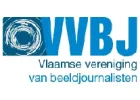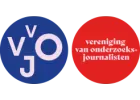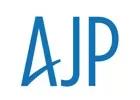Often at personal risk, many journalists around the world work hard to report conflict, corruption and injustice. Their goal is to ensure that the wider world learns about – and better understands – the challenges faced by communities under pressure and may perhaps be spurred into providing help to the desperate.
This work is not usually well rewarded. Freelancers live from job to job, with financial insecurity, and locally employed reporters are often on low pay and subjected to harassment or worse when their stories uncover political or business wrongdoing. Many international journalists rely on ‘News Fixers’ whose guidance, local knowledge and contacts can often have a decisive impact on a story.

